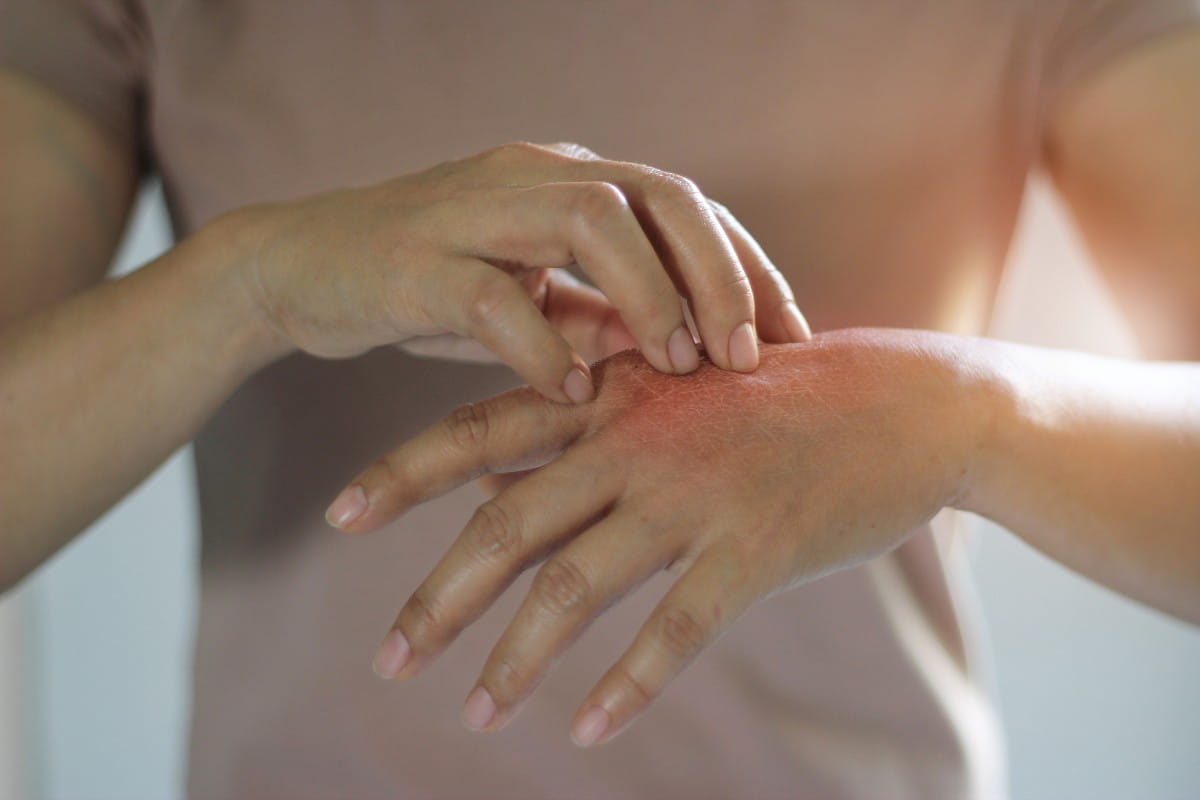We all seem to have old medicine laying around. Maybe it’s a prescription from a past surgery or perhaps it’s cold medicine you didn’t realize was expired. Whatever the case may be, it’s important to clean out your medicine cabinet from time to time to keep yourself and your family healthy and safe.
“Old medicine poses a bigger threat than many people may realize,” explains Andrea Avalos, M.D., a family medicine provider at Riverside Primary Care Mercury West. “Expired medicine won’t be as effective at relieving cold symptoms, getting rid of headaches or whatever it’s intended purpose may be.
“And, of course, some prescriptions – like pain relievers or strong cough medicines – shouldn’t be left around the house after you’re over your injury or illness. These types of prescriptions can lead to dependency or addiction. It’s important to use them as directed by your doctor or pharmacist – including disposing of them properly once you’re finished,” Dr. Avalos finishes.
But, how to get rid of old medicine isn’t always clear cut. Can you toss it? Flush it? Take it back to the pharmacy? Fortunately, organizations like the U.S. Food and Drug Administration (FDA) provide clear recommendations to help you safely dispose of old medicine.
Here are three ways to deal with old medicine – and some tips to know which one is best for your prescription.
1. Find a drug take back program
The U.S. Drug Enforcement Administration (DEA) holds community events across the country that allow people to dispose of old medication properly and safely. Last April, more than 4,400 law enforcement agencies took part in National Prescription Drug Take Back Day at more than 5,000 collection sites. They collected 420 tons of prescription medication and other materials.
While the next Drug Take Back Days isn't until April 30, 2022, there are year-round drop off locations. These partners are authorized by the DEA and follow strict regulations and guidelines on collecting and disposing of old or expired medication. Find a collection site near you.
2. Know what meds to flush
If a Take Back program isn’t available in your community, the FDA recommends flushing certain medications down the toilet. Powerful medications and painkillers, like oxycodone or morphine, can pose a serious health risk to others.
The FDA has identified medicine that should be flushed because they are highly sought after and addictive or can cause serious harm to pets, children or adults when taken inappropriately.
Read the full list of medication on the FDA’s flush.
3. Some medications are okay to throw away
The best place to get rid of old medications is through a Take Back Day or an authorized year-round drop-off site. But, if you can’t wait for the event, make it to a site and don’t have medications that need to be flushed, you may be able to safely dispose of some in the garbage.
Here’s what the FDA suggests when it comes to tossing meds in the trash:
- Mix medicines with an unappealing substance (dirt, cat litter, used coffee grounds)
- Don’t crush tablets or capsules
- Place the mixture in a sealed container (plastic bag, etc.)
- Throw away sealed container in your trash
- Remove all personal information and labels from empty prescription bottles
- Trash or recycle empty packaging
If you’re still not sure what to do with old medication, ask your pharmacist or doctor. They can offer trusted advice on how you can safely get rid of old prescriptions or expired medicine. If you need a new prescription, schedule an appointment with Dr. Avalos today or any of our primary care providers.



